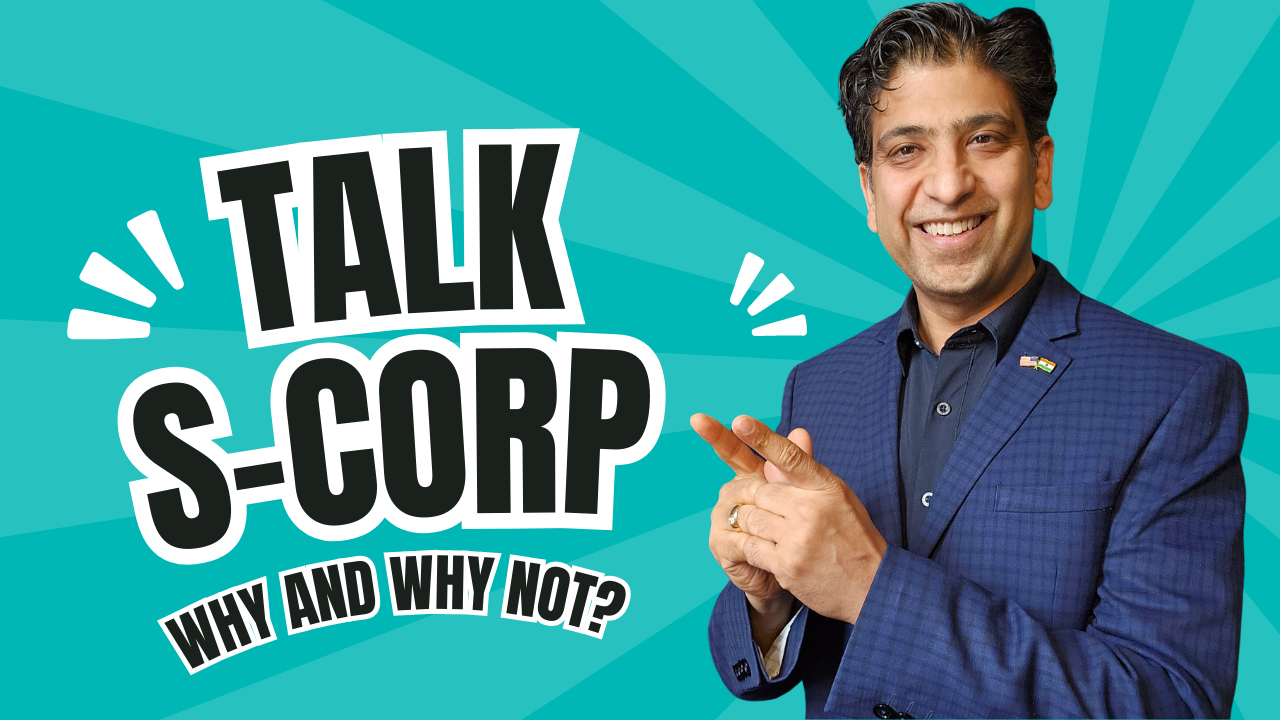
Are you losing thousands of dollars in taxes by sticking with the wrong business structure? As a business owner, understanding the difference between an LLC and an S-Corporation (S-Corp) could mean substantial savings and better financial planning for your future. Let’s dive into the truth about S-Corps and explore whether it’s the right move for your business.
To make an informed decision, it’s crucial to understand what I call the "trifecta"—a foundational strategy that integrates tax planning, asset protection, and wealth building.
Here’s how it works:
Revocable Living Trust: This is your privacy shield, not for asset protection. Forget those complicated irrevocable trusts. Keep it simple for estate planning and privacy.
Operational Side: This is where your business activities generate income. Think of it as the “engine” of your business where ordinary income is earned.
Asset Side: This is where your investments and properties sit—think rental properties, stocks, and crypto. By dividing your operations and assets, you create a firewall for asset protection.
LLCs are great for flexibility and asset protection, especially for new businesses. However, LLCs come with a hefty drawback: self-employment taxes. This tax is 15.3% on your earnings, which can add up quickly.
Enter the S-Corp. Once your business income grows, switching to an S-Corp can save you significant money. Instead of paying self-employment tax on the entire profit, you only pay it on your salary—the rest is taken as a distribution, which isn’t subject to self-employment tax.
Consider this scenario: Your business earns $100,000. After expenses, you have $75,000 left. If you remain an LLC, you pay 15.3% self-employment tax on the entire $75,000. That’s about $11,475 in taxes! But with an S-Corp, you can designate part of your earnings as a salary and the rest as a distribution. If you split $75,000 into a $37,500 salary and $37,500 distribution, you only pay self-employment taxes on the salary portion, saving thousands.
One common myth is that forming your S-Corp in a state like Nevada or Wyoming will save you taxes if you live in a high-tax state like California. Unfortunately, this isn’t true. States tax you based on where you conduct your business and where you live, not where the entity is registered. Don’t fall for the out-of-state entity myth; it often backfires.
To reap the benefits of an S-Corp, you need to set it up correctly:
Switching to an S-Corp does come with costs—around $2,000 a year for tax returns, payroll services, and state fees. However, if this switch saves you $5,000 in taxes, the net gain is still $3,000. And the more you earn, the greater the savings!
Beware of some common mistakes:
The decision to switch to an S-Corp depends on various factors, including your business size, income level, and future growth plans. If you’re paying significant self-employment taxes through an LLC, it might be time to consider an S-Corp.
Want to explore whether an S-Corp is right for your business? Set up a Free Discovery Call with Tax Code Advisors. We’ll help you understand your options and create a tailored plan to maximize your tax savings and grow your business.